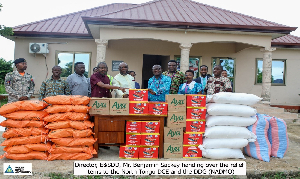As part of its continuous commitment to the welfare of individuals affected by the 2023 controlled spillage from the Akosombo and Kpong Dams, the Volta River Authority donated relief items to the North District Assembly for the affected persons who are still residing in the safe havens at Mepe, Battor, Tokpo and Bakpa in the North Tongu, Shia-Osudoku and Central Tongu districts.
The items included; 300 bags of maize, 200 bags of gari, 150 bags of beans, 300 bags of rice, 150 boxes of oil, and 100 boxes of mackerel.
Director for Environment and Sustainable Development, Mr. Benjamin Arhin Sackey, presenting the items to the District Chief Executive on behalf of the Chief Executive of VRA, emphasized the Volta River Authority's dedication to the well-being of those impacted by the spillage.
He stressed that the VRA remains committed to working with NADMO, the District Assemblies and response agencies to ensure that the affected persons are restored and noted that the donation would significantly alleviate support them the affected persons.
Hon. Divine Osborn Fenu, the North Tongu District Chief Executive, expressed their appreciation for the continuous support of the VRA and stressed that the Government is very committed in ensuring all affected persons would be fully recovered.
Mr. Seji Saji, Deputy Director General (Technical & Reforms) at NADMO, mentioned that some individuals are still residing in safe havens.
Therefore, the donated items are intended to provide them with necessary support while the government works towards the full restoration of their livelihoods and properties.
He also noted that the Ministry of Works and Housing has done data validation and has initiated the construction of resettlement facilities in certain affected regions. "We hope these buildings will be finished in the shortest possible time so those in the safe havens can be accommodated to resume their full lives,” he said.
Mr. Seji further highlighted that the Ministries of Food and Agriculture are implementing measures to restore the livelihoods of affected individuals, including the distribution of seedlings and fertilizers, with additional interventions planned for complete livelihood recovery.
The team visited the safe havens, and NADMO donated the items to the affected persons.
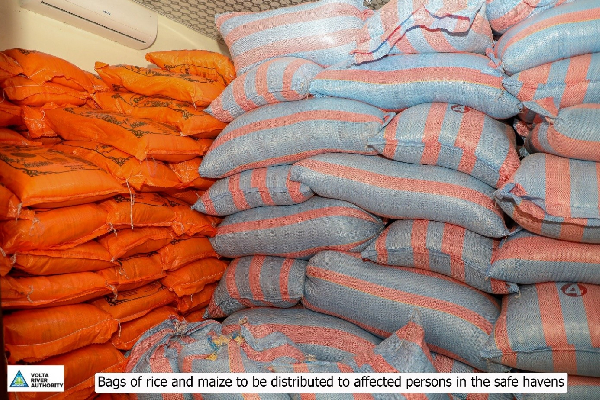
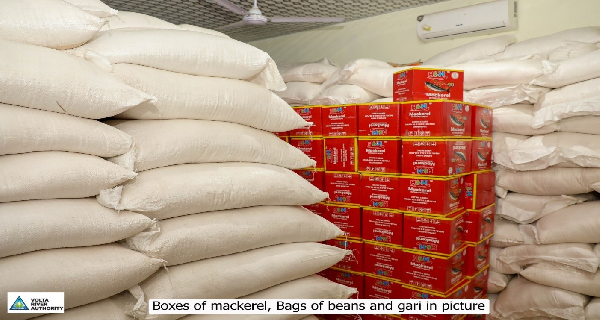
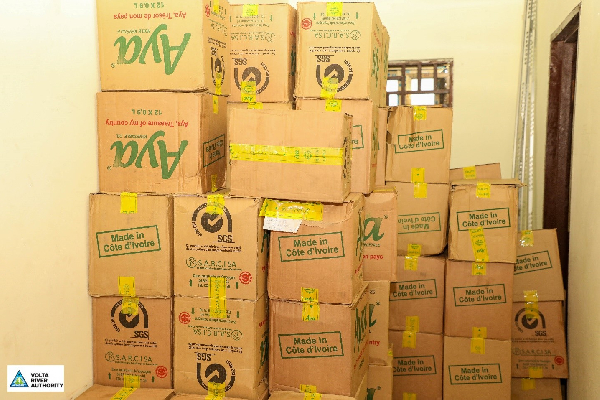
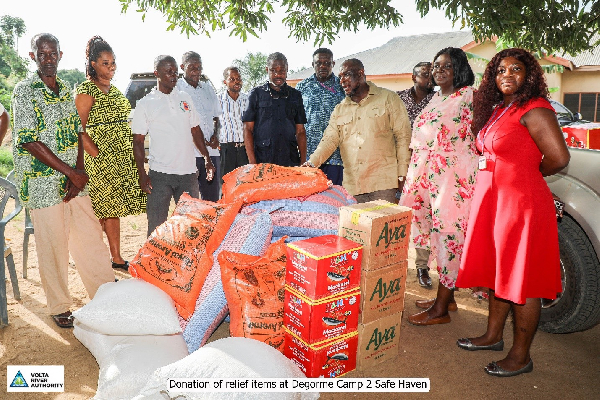
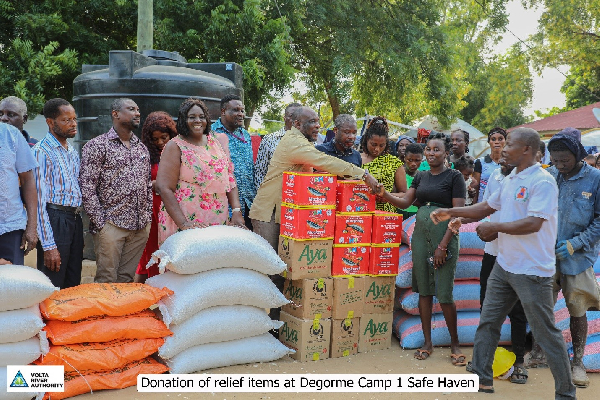
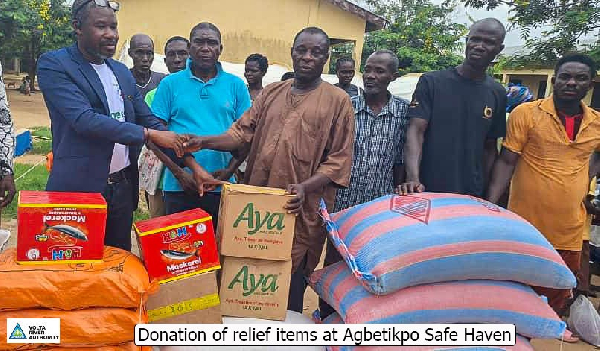
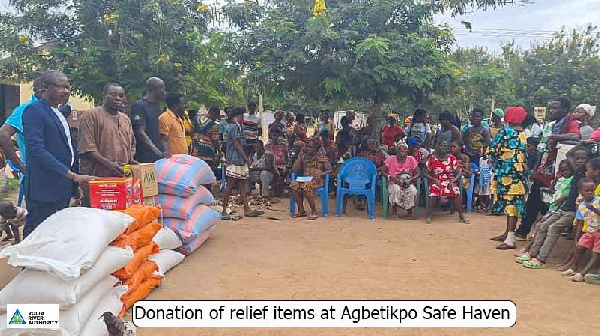
Regional News of Sunday, 14 July 2024
Source: VRA





